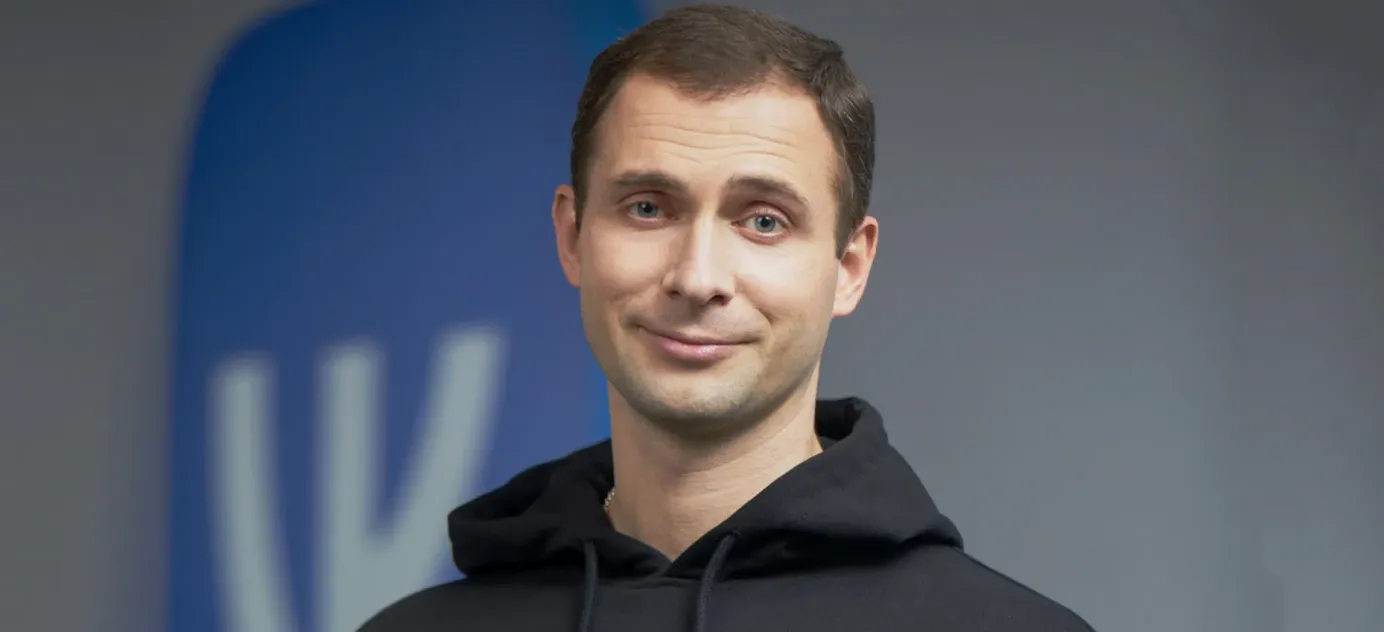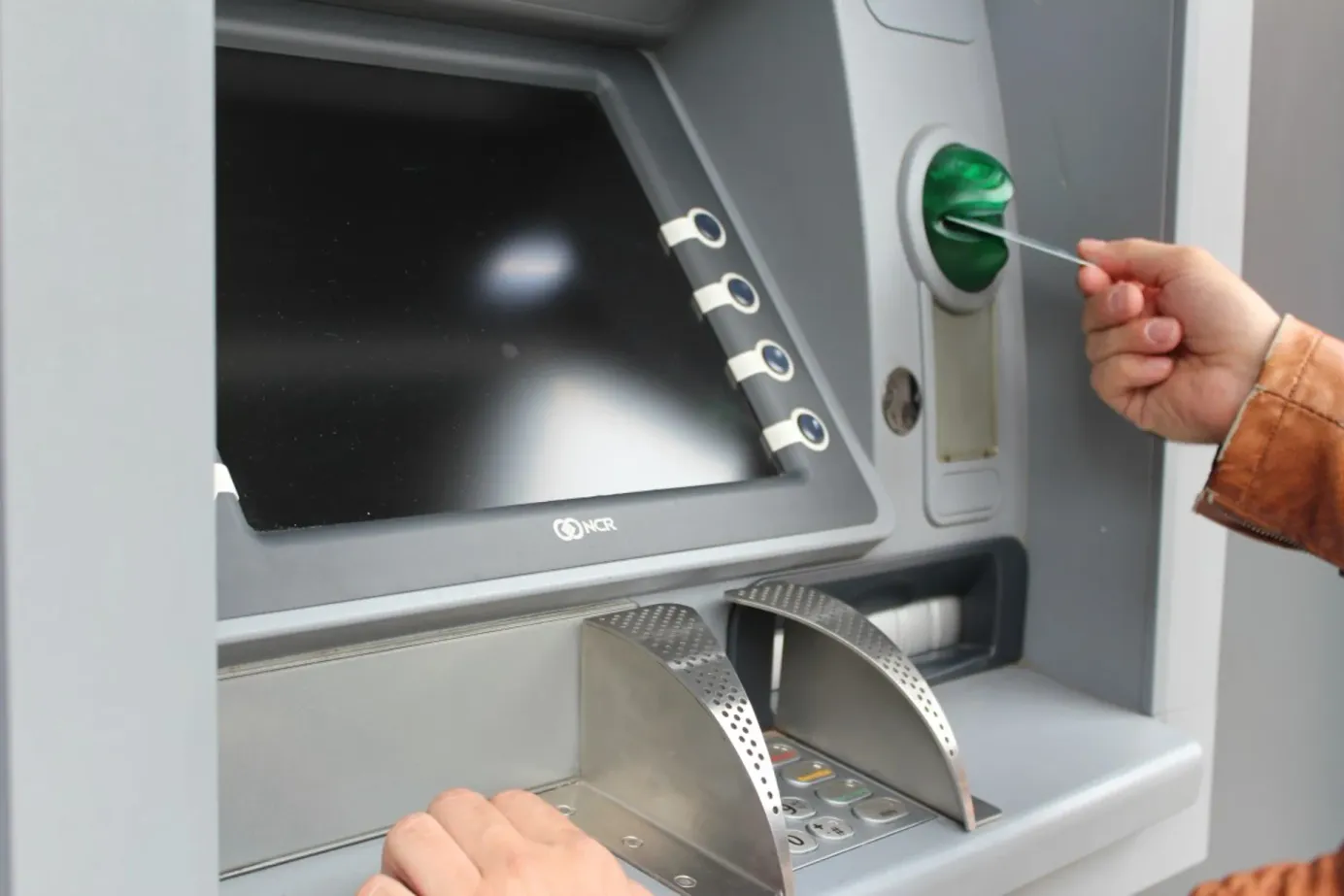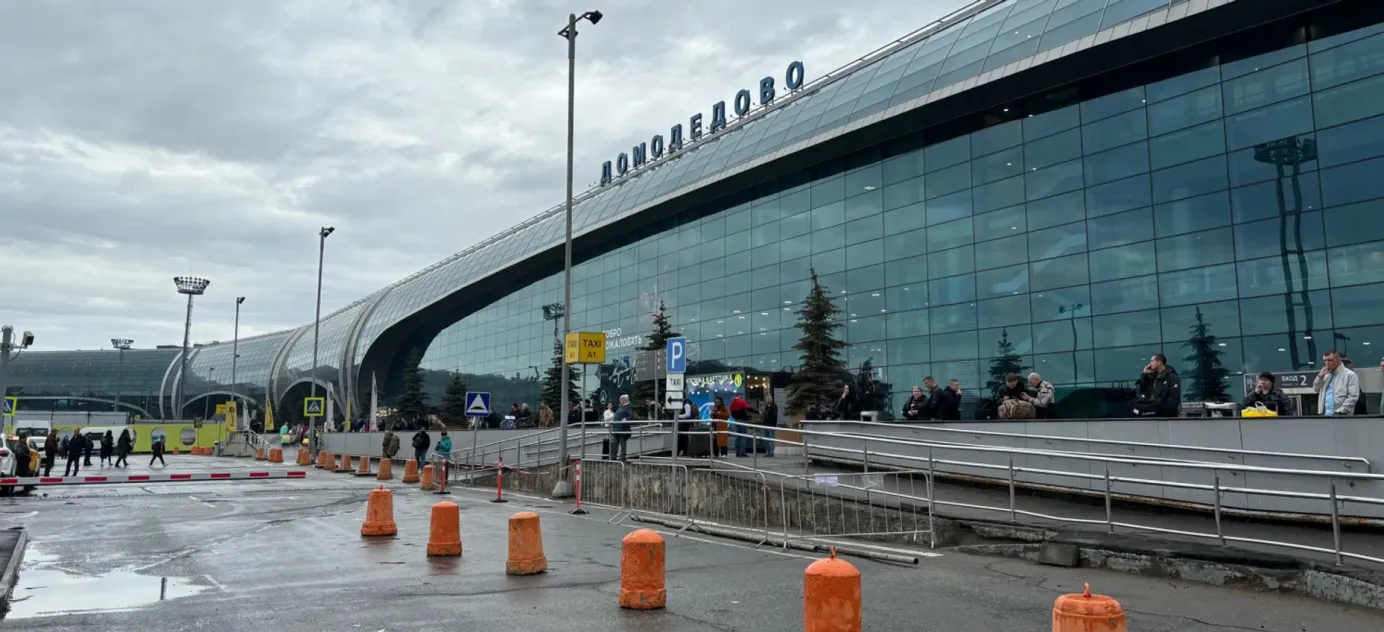
La société russe VK pourrait être sur le point d'avoir un nouveau PDG
L'investiture de Vladimir Poutine - le début officiel de son nouveau mandat présidentiel - est prévue pour le 7 mai. Des rumeurs circulent sur la possibilité d'un remaniement gouvernemental dans les plus brefs délais. Les ministères ne sont pas les seuls à se préparer à un changement de direction, les entreprises publiques aussi. L'un des changements les plus discutés dans le secteur technologique est la possible démission de Vladimir Kiriyenko - fils de Sergei Kiriyenko, chef adjoint de l'administration présidentielle et homme de confiance du Kremlin en matière de politique intérieure - de son poste de PDG du groupe VK. Son remplaçant présumé ? Un autre népo-bébé politique : Stepan Kovalchuk, petit-fils de Mikhail Kovalchuk et petit-neveu de Yury Kovalchuk, l'un des plus proches confidents de Poutine.
- La démission de Vladimir Kiriyenko de VK a été activement discutée au sein de l'entreprise ces derniers mois, ont déclaré à The Bell quatre sources proches du groupe et de Kiriyenko. S'il démissionne, ce sera probablement après l'investiture de Poutine, lorsque l'ensemble du gouvernement démissionne (une obligation constitutionnelle), a déclaré une source. L'une des raisons de son départ pourrait être les relations tendues entre Kiriyenko et Stepan Kovalchuk, actuellement cadre supérieur de l'entreprise. La famille de Kovalchuk est l'un des principaux actionnaires et le jeune homme de 29 ans représente leurs intérêts au sein de l'entreprise.
- M. Kiriyenko pourrait retourner à l'entreprise publique Rostelecom, dont il a été le vice-président pendant cinq ans avant de rejoindre VK. Il pourrait aussi entrer directement au gouvernement, éventuellement en tant que vice-ministre, en vue de devenir, à terme, ministre du développement numérique.
- Le grand-père de Stepan Kovalchuk, Mikhail Kovalchuk, est président de l'Institut Kurchatov. Le frère de Mikhail, Yury Kovalchuk, est le copropriétaire de Rossiya Bank et l'un des amis les plus proches de Poutine. Il est également un acteur majeur du contrôle des chaînes de télévision du pays et a été chargé par le Kremlin d'étendre cette influence à l'espace en ligne. Ses entreprises ont racheté VK en 2021 et, à l'issue de cette opération, Vladimir Kiriyenko - dont le père, Sergei, est considéré comme proche des Kovalchuks - a été nommé PDG.
- Stepan Kovalchuk travaille chez VK depuis la fin des années 2010, mais sa carrière dans l'entreprise a véritablement décollé après que sa famille a pris une participation. Il a été nommé vice-président principal chargé de la stratégie des médias et du développement des services, puis a pris la tête d'une unité qui comprenait les sites de médias sociaux VKontakte et Odnoklassniki, ainsi que le service d'agrégation de nouvelles politiquement sensible (précédemment détenu par Yandex), et la plateforme vidéo de VK, qui, aux yeux du Kremlin, devrait à terme remplacer YouTube en Russie.
- Les relations entre les deux jeunes dirigeants n'ont pas été faciles. Une source a déclaré à The Bell que les deux hommes se seraient même affrontés publiquement au sein de l'entreprise. Kovalchuk, dit-on, veut plus de liberté, mais ses projets ont jusqu'à présent été déficitaires.
- En 2022, VK figurait parmi les dix entreprises les plus déficitaires de Russie, avec une perte de 32,6 milliards de roubles (350 millions de dollars). L'année dernière, sa perte nette s'est réduite, tout comme sa dette. L'entreprise a connu un certain nombre de problèmes internes par le passé, et ces problèmes risquent de devenir plus évidents à l'avenir, selon les sources de The Bell. Toutefois, le Kremlin comprend les résultats financiers de VK et son incapacité à réaliser des bénéfices, et le considère avec sympathie - une source a décrit le point de vue du Kremlin comme suit : "notre équipe est confrontée à des problèmes et il est difficile de les résoudre : "Notre équipe est confrontée à des problèmes et c'est difficile pour elle.
- À l'heure actuelle, Sergei Kiriyenko est notamment chargé, au Kremlin, de superviser la politique technologique nationale. On ne sait pas s'il conservera ce poste après l'investiture de M. Poutine. Meduza a rapporté que le Kremlin envisageait de le transférer.
Pourquoi le monde doit-il s'en préoccuper ?
La situation au sein de VK est une illustration frappante du fonctionnement du népotisme russe, la direction de l'une des plus grandes et des plus importantes entreprises du pays étant répartie entre les descendants d'élites influentes.










